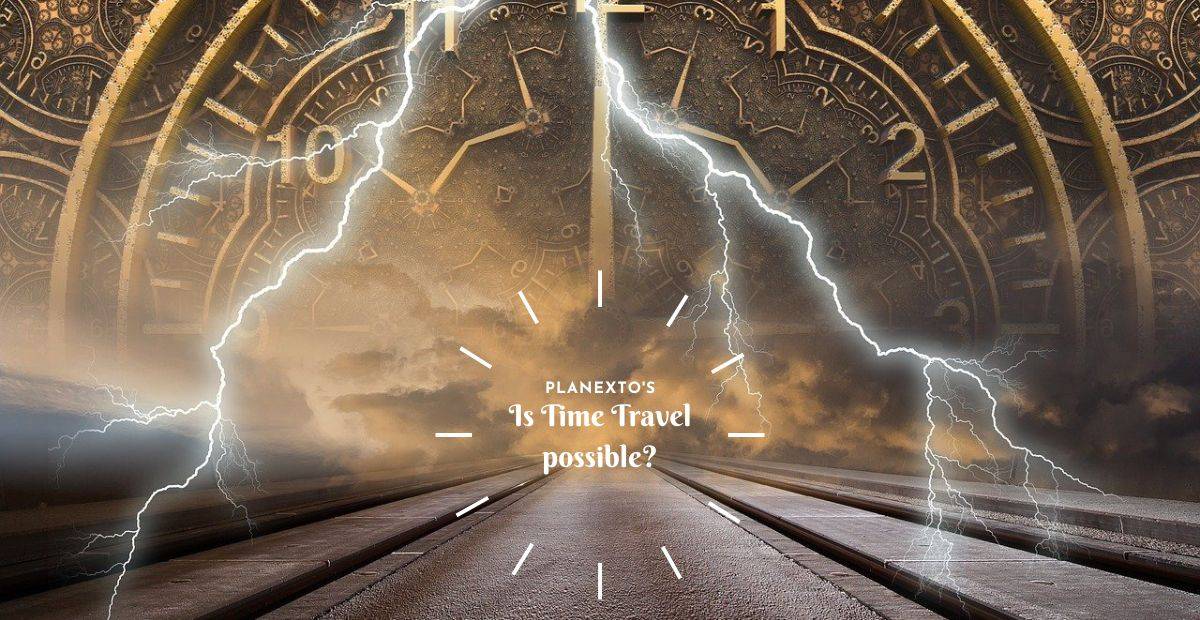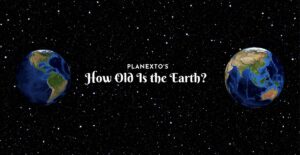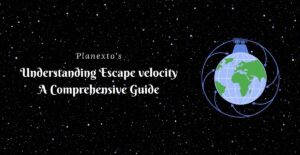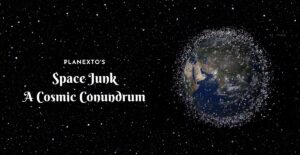Understanding Time and Its Dimensions
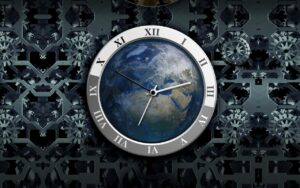
Theoretical Frameworks: Feasibility of Time Travel
-
Einstein’s General Relativity: According to this theory, the warping of spacetime due to immense gravitational forces might allow for the bending of time, theoretically enabling time loops or closed timelike curves (CTCs). However, traversing these loops raises paradoxes like the infamous “grandfather paradox.”
-
Wormholes and Black Holes: Theoretical constructs like wormholes—hypothetical tunnels in spacetime—and the extremities of black holes present potential gateways to different temporal locations. Yet, entering these remains purely speculative due to extreme conditions like cosmic singularities and high radiation.
-
Quantum Physics and Time: Quantum mechanics explores the microcosm of particles, proposing intriguing concepts like quantum entanglement and time dilation at the quantum level. Some quantum principles speculate on time manipulation, yet practical applications for human-sized objects remain elusive.
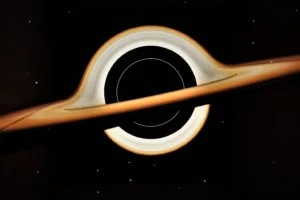
Challenges and Paradoxes
-
Grandfather Paradox: The Grandfather Paradox explores a time-travel scenario where a person, by going back in time, inadvertently prevents their grandfather from meeting their grandmother, erasing their own existence. This creates a logical inconsistency: if the time traveler was never born, how could they have traveled back in time? Proposed solutions involve parallel universes or the idea that past events are predetermined. The paradox underscores the challenges and contradictions inherent in time-travel theories, prompting the exploration of theoretical resolutions to maintain logical consistency in such hypothetical scenarios.
-
Novikov Self-Consistency Principle: The Novikov Self-Consistency Principle is a theoretical concept in physics, particularly in the study of time travel. Proposed by Russian physicist Igor Novikov, it suggests that the laws of physics prevent any event that would create a paradox in the timeline. According to this principle, if time travel were possible, any action taken in the past would be constrained by the existing timeline, ensuring that no changes occur that would lead to contradictions or paradoxes. Essentially, it posits that the universe has a self-correcting mechanism, preventing scenarios like the Grandfather Paradox. The Novikov Self-Consistency Principle aims to maintain logical coherence in the context of time-travel scenarios within the framework of theoretical physics.
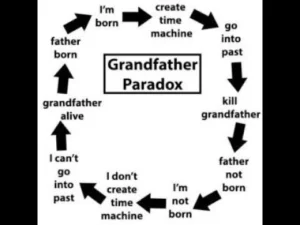
Conclusion: Time Travel—An Enigmatic Quest
FAQs
Q: How likely is time travel to become a reality?
A: The feasibility of time travel remains largely theoretical, hinging on technological advancements and resolving paradoxes.
Q: Can time travel violate causality?
A: The possibility of causing paradoxes by altering past events raises substantial challenges and debates within theoretical physics.
Q: Are wormholes a potential gateway for time travel?
A: Theoretical constructs of traversable wormholes hold promise, yet their practical realization remains highly speculative.
Q: Could time travel coexist with parallel universes?
A: The multiverse theory suggests diverse timelines, but the correlation between time travel and parallel universes remains speculative.
For more Questions follow me on QUORA
